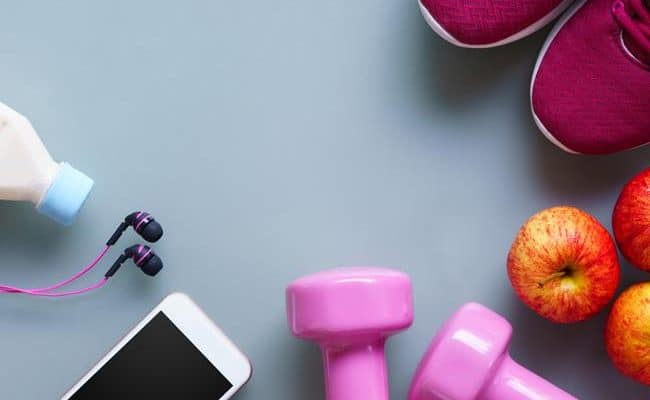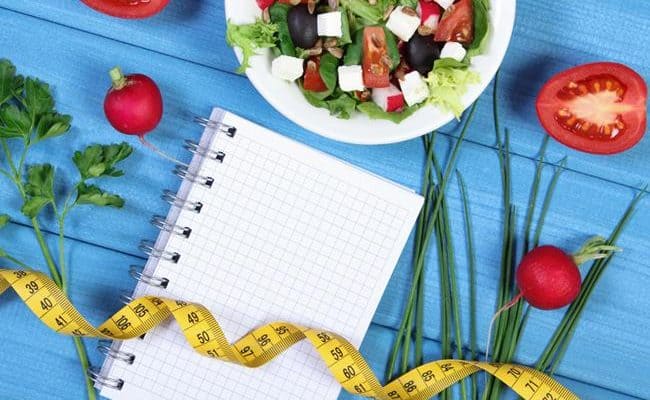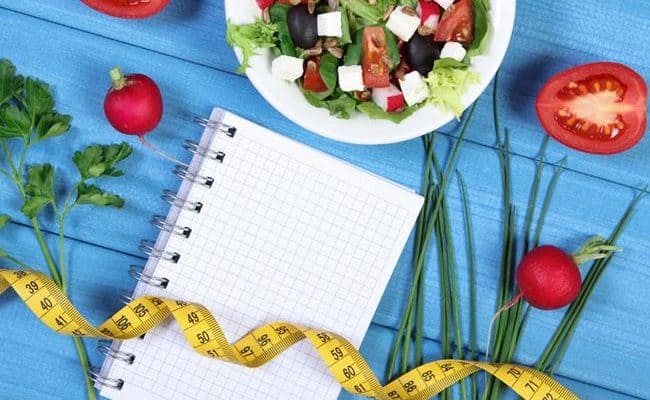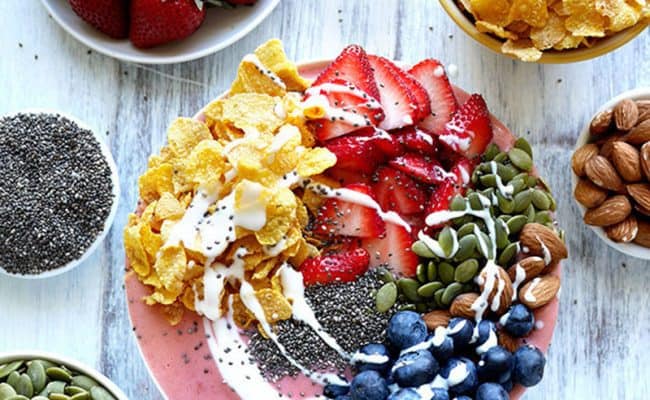
Every new mum would like to get their pre-pregnancy body back, however, with adjusting to a new routine, sleepless nights and another human being to care for, losing that extra weight can be tough. We would all like to spring back into shape as we see celebrities do after childbirth, but for most women this is unrealistic, and unnecessary. A healthy, balanced diet, in combination with an exercise routine and patience, is the best way to drop those pounds and feel great.
Be realistic
We all see models and other celebrities hitting the red carpet or run way looking like a million dollars just weeks after they have given birth, however it is essential to realise that this can be unhealthy for your body and for the average woman is just not achievable.
Remember these women have a team of trainers, stylists, nutritionists and personal chefs dedicated to making them look good, not to mention a nanny or two to help with the baby and some pretty good genetics on their sides. For most of us, juggling a baby with cooking, cleaning, often working and caring for other children, we don’t have quite the same amount of time to adopt a strict workout and diet regime.
Normal, healthy weight gain during pregnancy is about 25 to 35 pounds; with roughly 10 of these lost after giving birth and a little more in fluids lost in the first week or so. A healthy rate of weight loss after this is around one to four pounds per week. Although this means it may be some time before you return to your pre pregnancy weight, it also gives your body time to adapt to the changes, limiting stretch marks and saggy skin as much as possible.
If you were overweight or obese before pregnancy, or have gained more than the recommended weight during your pregnancy, returning to a healthy weight may be more difficult and take longer, but it is important to be patient.
Remember that your baby will only be a baby for a short amount of time, so make the most of it and don’t spend too much time stressing about looking the same as you did before. Even when you do lose all your pregnancy weight, you may find your body is not the same as it was before the baby, with changes in shape and areas of fat storage often changing during the process. This is perfectly normal and remember whilst these changes may not be entirely desirable, you have a little bundle of joy to show for it.
Breast Feed
Although not conclusive, there is moderate strength evidence to suggest that breast feeding may help new mother to lose weight gained in pregnancy. A review of current research done by the US Department of agriculture concluded that whilst breast feeding was associated with weight loss post pregnancy, it was generally a small amount and was dependent on the duration and intensity of feeding.
If you are breastfeeding, you generally require around 300 extra calories more per day than your normal energy requirements. Hence, in theory breast feeding should allow you to eat a little more and still lose weight. Perhaps more importantly, there is strong evidence that breast feeding is the best feeding option for your baby, so where possible, it is advisable for mothers to breast feed.
Focus on Healthy Eating not dieting
Health and nutrition should be the main priority when trying to lose pregnancy weight. Particularly if you are breast feeding, both you and the baby rely on your diet for essential nutrients. For this reason it is important to choose a wide variety of nutritious foods that provide maximum nutrients for their calories.
Food such as fruit and vegetables, nuts and fish all provide a large amount of important nutrients, whilst junk food, candy and processed foods provide little to no nutrition and lots of calories. A healthy diet should consist of a wide variety of lean proteins, fruits and vegetables, whole grain carbohydrates, legumes and healthy unsaturated fats.
It is not recommended to undertake a very low calorie diet when trying to lose pregnancy weight. If you are breast feeding you require a certain amount of calories to continue producing milk, but even if you are not nursing, you have a new baby in your life who requires attention and care, which means you need as much energy as possible! It is also unwise to start a diet that eliminates food groups and places you at risk of nutrient deficiencies.
Remember, not only do you want to achieve weight loss, you want to maintain this loss over the long term. For this reason, and also to set a good example for your new child, you need to develop sustainable healthy eating habits, rather than follow fad diets. Most mothers find that with a healthy diet, exercise and caring for a child, the pregnancy weight gradually falls off.
Exercise
Getting back into an exercise routine is key to losing those pregnancy pounds. When your doctor gives you the all clear, start slow with low impact activities such as swimming or walking and gradually increase your intensity and speed as you feel fitter.
Don’t expect to start straight back at the level of fitness you had before pregnancy, this will take a while to work up to. Resistance training may also be helpful to tone up specific areas.
Try to include your baby in your exercise routine as this will make it easy to find time to fit it in. A stroller adds some extra resistance to a walk or a jog and provides a nice change of scenery for you both. Joining a club that caters for new mums in the same position is also a good way to keep motivation up as well as meet some new friends for you and your baby.
Reduce portion sizes
To maintain a healthy, balanced diet that still covers all the food groups as well as losing weight, cutting portion sizes down may be helpful. Even if you are eating very healthy foods, if you eat too much you will gain weight, so try to serve yourself smaller portions.
Remember you can always go back for more if you are still hungry, but you are likely to eat less if there is less on your plate. Using smaller sized plates can also give the illusion that you are eating bigger portions than you really are.
Remember weight loss after pregnancy is a gradual process, but with a healthy attitude to food, an exercise regime and a little patience, you can regain your pre-baby body and feel great.
References used in this article










